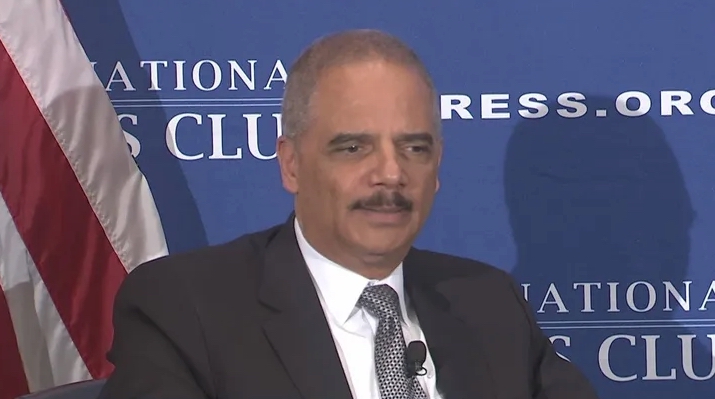A new economic study entitled, The Impact of Government Owned Broadband Networks on Private Investment and Consumer Welfare dives into the issue of whether municipalities ought to own broadband systems. State Government Leadership Foundation (SGLF) findings? Government owned broadband is not the best idea.
“State laws that oversee and constrain government ownership of broadband networks are under threat,” it said. “Such laws are important due to the adverse impacts of government-owned broadband networks on consumer tax bills, competition among private broadband providers and the flow of private investment into digital infrastructure.”
Significant financial risks, limited competition, predatory, deters private investments, waste, inefficient – Just a few of the findings in the report;
1) Muni broadband buildouts are almost always subsidized, and that a government firm with no regard for profit is a legitimate and serious concern because it threatens privacy investment and “exposes taxpayers and captive municipal electric ratepayers to significant financial risks.” (The study cites Chattanooga, one of the two cities where the FCC has preempted state laws limiting muni broadband buildouts).
2) Economics suggests subsidized muni broadband won’t increase competition because it will be a “poison pill” for investment in the sector or drive out unsubsidized private competitors.
3) Subsidized entrants are “prone to be predatory,” attempting to capture market share and even possibly exposing cities to antitrust actions.
4) Because there is no profit motive, having deterred private investment, that lack of investment can then be used to justify the municipal entry that caused that lack of competition.
5) Subsidies are more costly than they appear because “every dollar of spending by government costs much more than a dollar to gather and distribute.” The study asserts that “hundreds of millions in federal, state and local subsidies have been used to support failed municipal networks.”
6) Incurring “massive” fixed costs of building broadband nets with subsidy dollars is an inefficient means to the end of broadband deployment, with subsidies to existing firms a more efficient approach. While such subsidies are continuous and can be targeted, subsidizing buildouts are “discrete, untargeted, relatively expensive, risky for taxpayers, and arguably predatory.
Closer to home, Jon Sanders wrote in this 2015 Spotlight report that municipal controlled broadband in Wilson, Salisbury, Morganton, Mooresville and Davidson has not been a good idea. The threat of FCC interference, as the SGLF warns, is very real here in NC.


